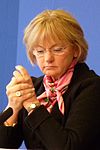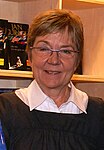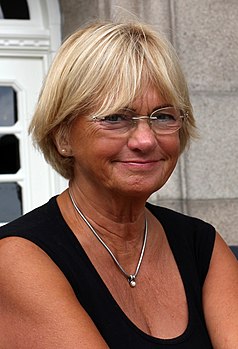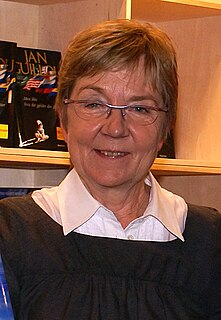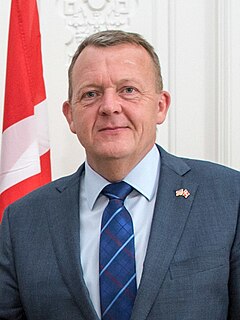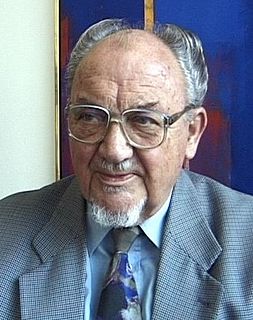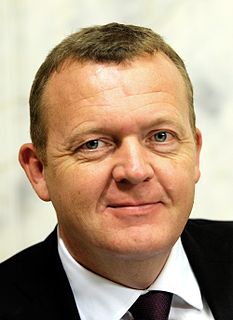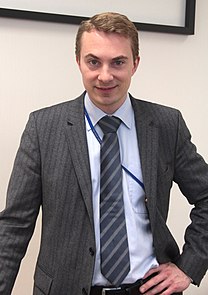| |||||||||||||||||||||||||||||||||||||||||||||||||||||||||||||||||||||||||||||||||||||||||||||||||||||||||||||||||||||||
| |||||||||||||||||||||||||||||||||||||||||||||||||||||||||||||||||||||||||||||||||||||||||||||||||||||||||||||||||||||||
All 179 seats to the Folketing 90 seats were needed for a majority | |||||||||||||||||||||||||||||||||||||||||||||||||||||||||||||||||||||||||||||||||||||||||||||||||||||||||||||||||||||||
|---|---|---|---|---|---|---|---|---|---|---|---|---|---|---|---|---|---|---|---|---|---|---|---|---|---|---|---|---|---|---|---|---|---|---|---|---|---|---|---|---|---|---|---|---|---|---|---|---|---|---|---|---|---|---|---|---|---|---|---|---|---|---|---|---|---|---|---|---|---|---|---|---|---|---|---|---|---|---|---|---|---|---|---|---|---|---|---|---|---|---|---|---|---|---|---|---|---|---|---|---|---|---|---|---|---|---|---|---|---|---|---|---|---|---|---|---|---|---|---|
| Turnout | 84.4% | ||||||||||||||||||||||||||||||||||||||||||||||||||||||||||||||||||||||||||||||||||||||||||||||||||||||||||||||||||||||
| |||||||||||||||||||||||||||||||||||||||||||||||||||||||||||||||||||||||||||||||||||||||||||||||||||||||||||||||||||||||
| |||||||||||||||||||||||||||||||||||||||||||||||||||||||||||||||||||||||||||||||||||||||||||||||||||||||||||||||||||||||
General elections were held in Denmark on 8 February 2005. [1] Prime Minister Anders Fogh Rasmussen's Venstre retained the largest number of seats in parliament. The governing coalition between the Venstre and the Conservative People's Party remained intact, with the Danish People's Party providing the parliamentary support needed for the minority government. The Danish Social Liberal Party made the biggest gains of any party, although it remains outside the governing group of parties. The election marked the second time in a row that the Social Democrats were not the largest party in the parliament, a change from most of the 20th century. The party lost 5 seats and leader Mogens Lykketoft resigned immediately after the election.

Denmark, officially the Kingdom of Denmark, is a Nordic country and the southernmost of the Scandinavian nations. Denmark lies southwest of Sweden and south of Norway, and is bordered to the south by Germany. The Kingdom of Denmark also comprises two autonomous constituent countries in the North Atlantic Ocean: the Faroe Islands and Greenland. Denmark proper consists of a peninsula, Jutland, and an archipelago of 443 named islands, with the largest being Zealand, Funen and the North Jutlandic Island. The islands are characterised by flat, arable land and sandy coasts, low elevation and a temperate climate. Denmark has a total area of 42,924 km2 (16,573 sq mi), land area of 42,394 km2 (16,368 sq mi), and the total area including Greenland and the Faroe Islands is 2,210,579 km2 (853,509 sq mi), and a population of 5.8 million.

Anders Fogh Rasmussen is a Danish politician who was the 24th Prime Minister of Denmark from November 2001 to April 2009 and the 12th Secretary General of NATO from August 2009 to October 2014. He is now CEO of political consultancy Rasmussen Global and a senior advisor at The Boston Consulting Group's Copenhagen office.
Venstre, full name Venstre, Danmarks Liberale Parti, is a conservative-liberal, agrarian political party in Denmark. Founded as part of a peasants' movement against the landed aristocracy, today it espouses an economically liberal pro-free market ideology.
Contents
The prime minister called the elections on 18 January. He claimed that he would have called it earlier, but the 2004 Indian Ocean earthquake which killed a number of Danes delayed it. Rasmussen still had almost a year left in his term, but said he wanted to call the election before municipal elections in November. His reasoning was that he wanted a clear mandate for the municipal and county government restructuring that his government was implementing.
From the last election the governing coalition of Venstre and the Conservative People's Party had 94 of the 175 seats together with the supporting Danish People's Party. This number was unchanged after the 2005 election. Voter turnout was 84.5% in Denmark proper, 73.0% in the Faroe Islands and 59.4% in Greenland. [2]

The Faroe Islands, or the Faeroe Islands—a North Atlantic archipelago located 200 miles (320 km) north-northwest of the United Kingdom and about halfway between Norway and Iceland—are an autonomous country of the Kingdom of Denmark. Total area is about 1,400 square kilometres (540 sq mi) with a population of 50,322 in October 2017.

Greenland is an autonomous constituent country of the Kingdom of Denmark between the Arctic and Atlantic oceans, east of the Canadian Arctic Archipelago. Though physiographically a part of the continent of North America, Greenland has been politically and culturally associated with Europe for more than a millennium. The majority of its residents are Inuit, whose ancestors began migrating from the Canadian mainland in the 13th century, gradually settling across the island.


